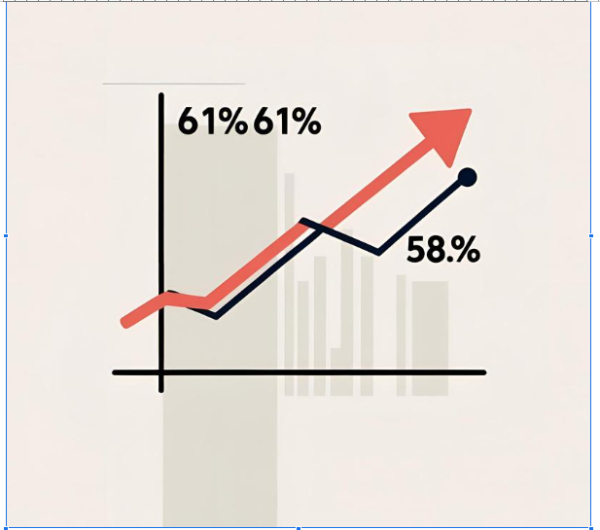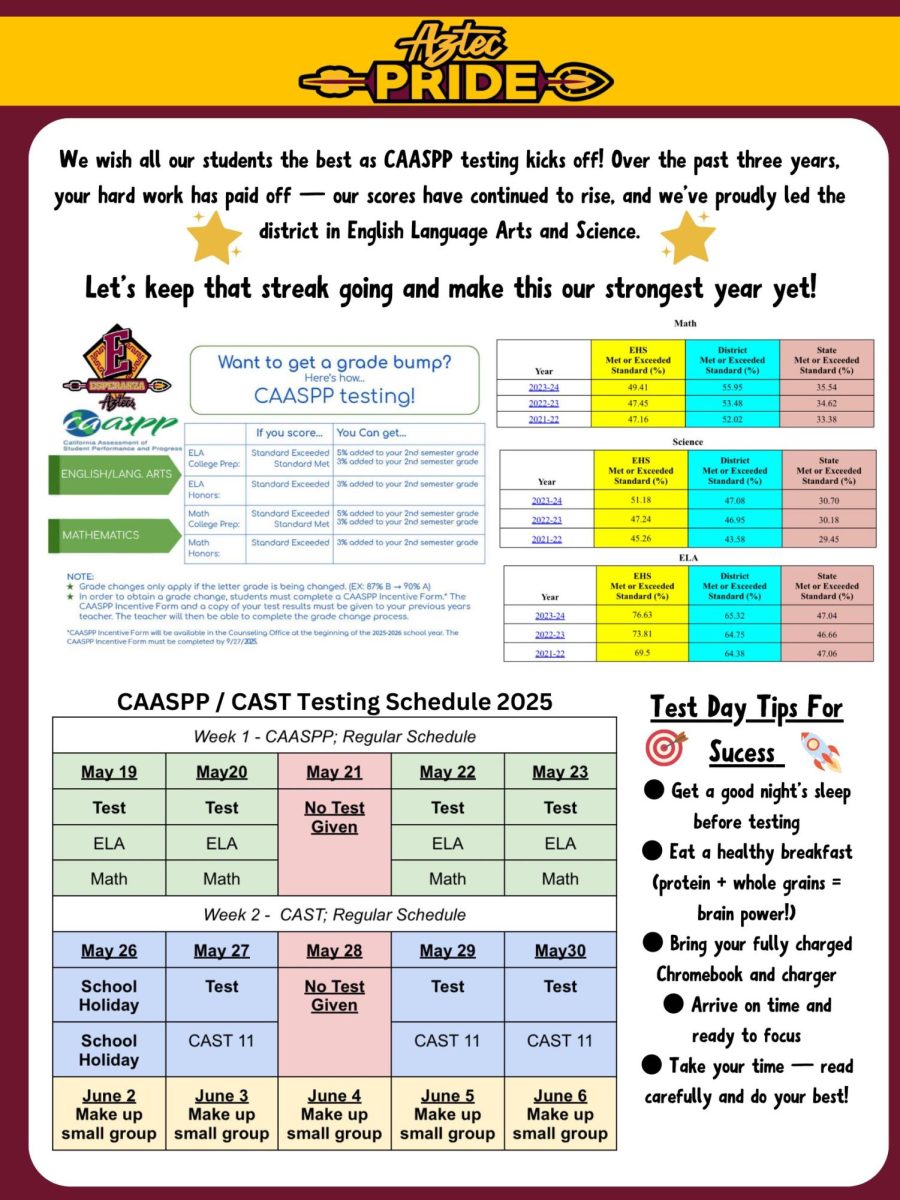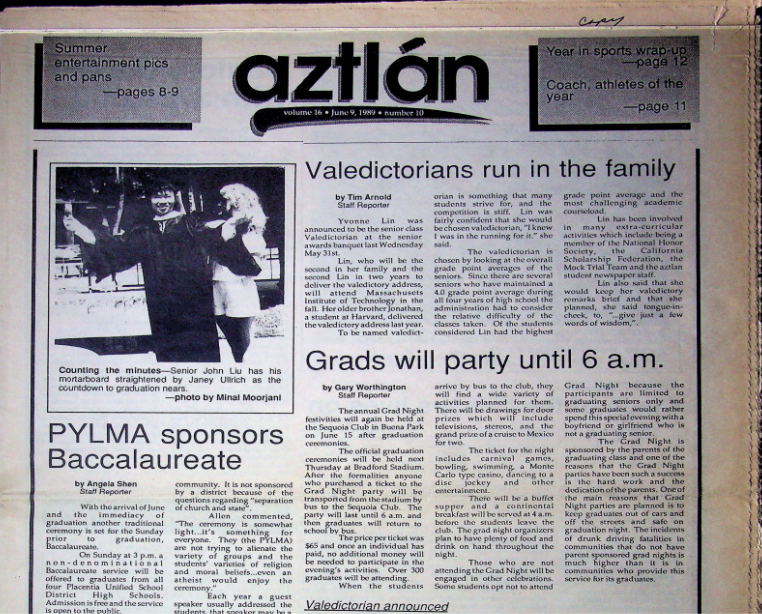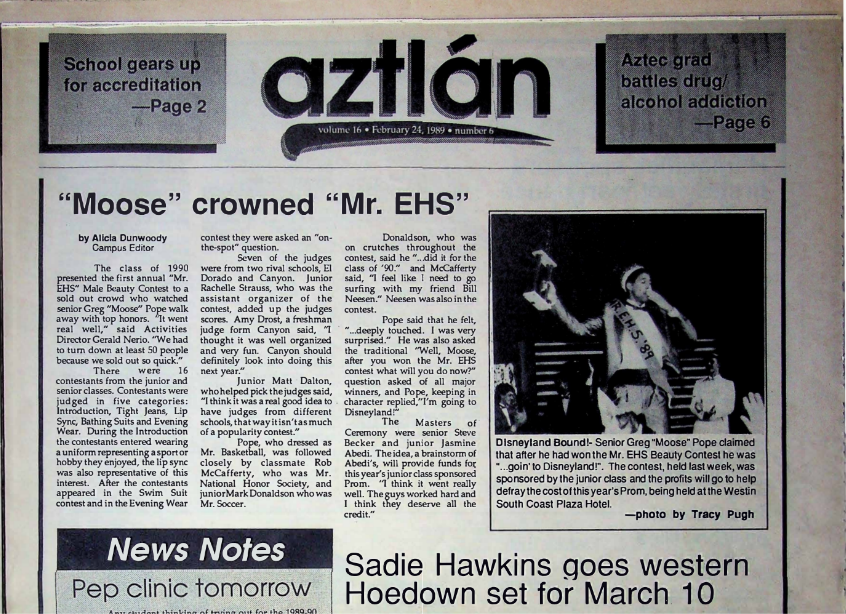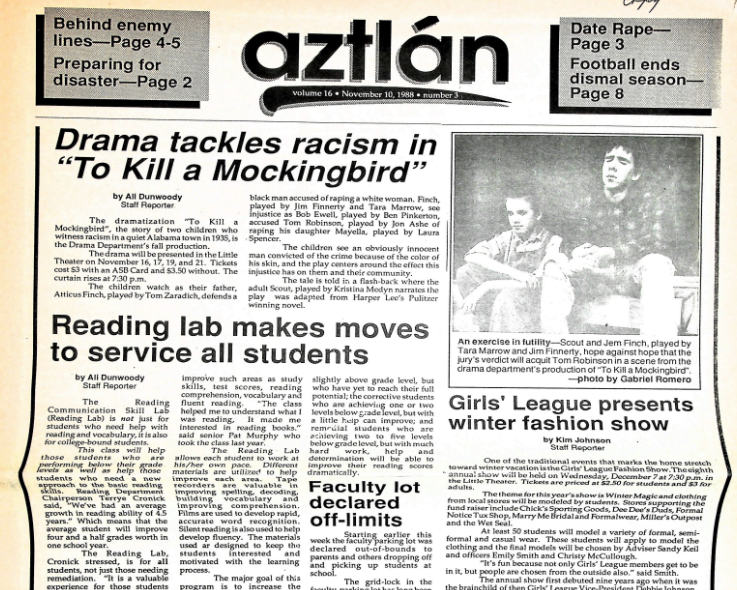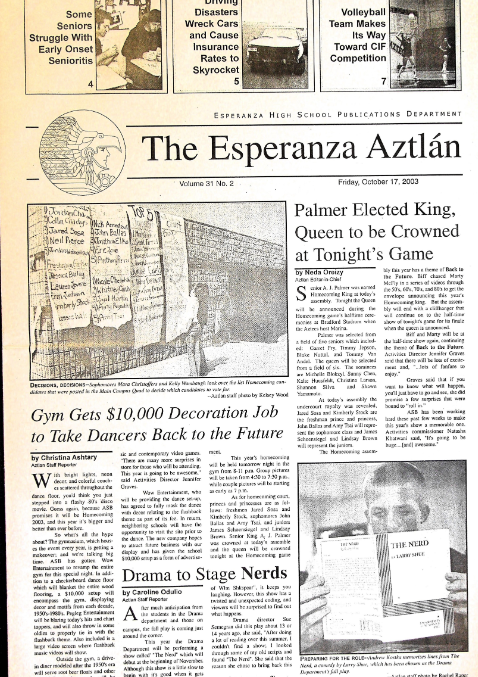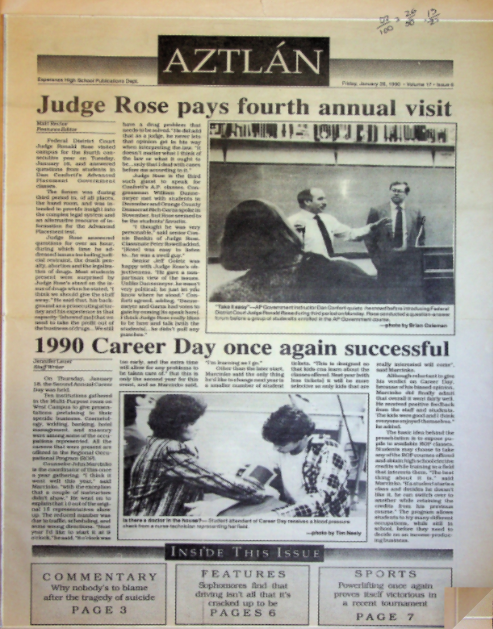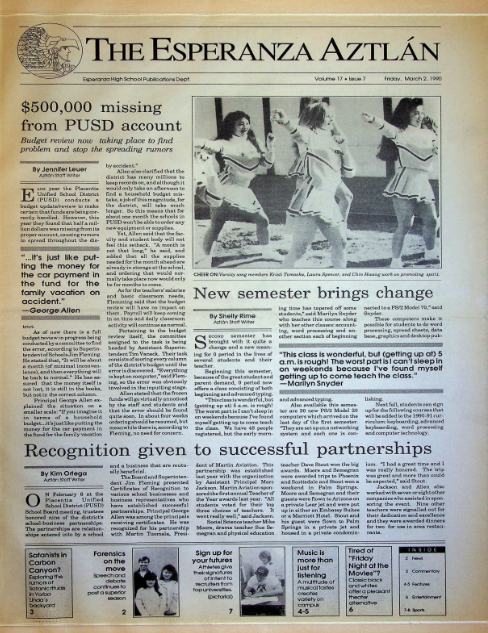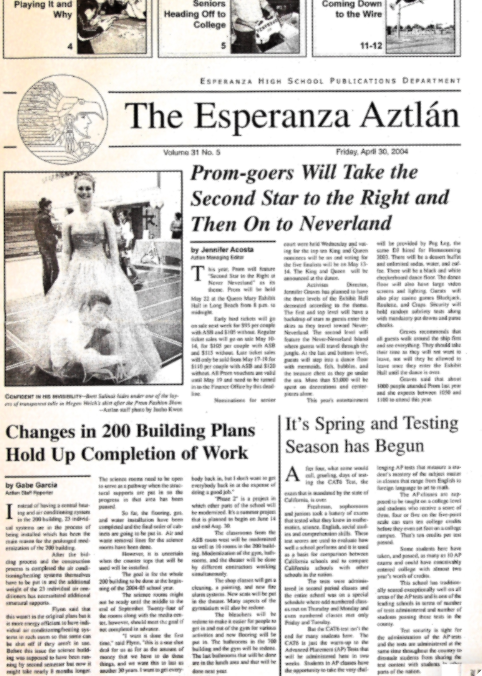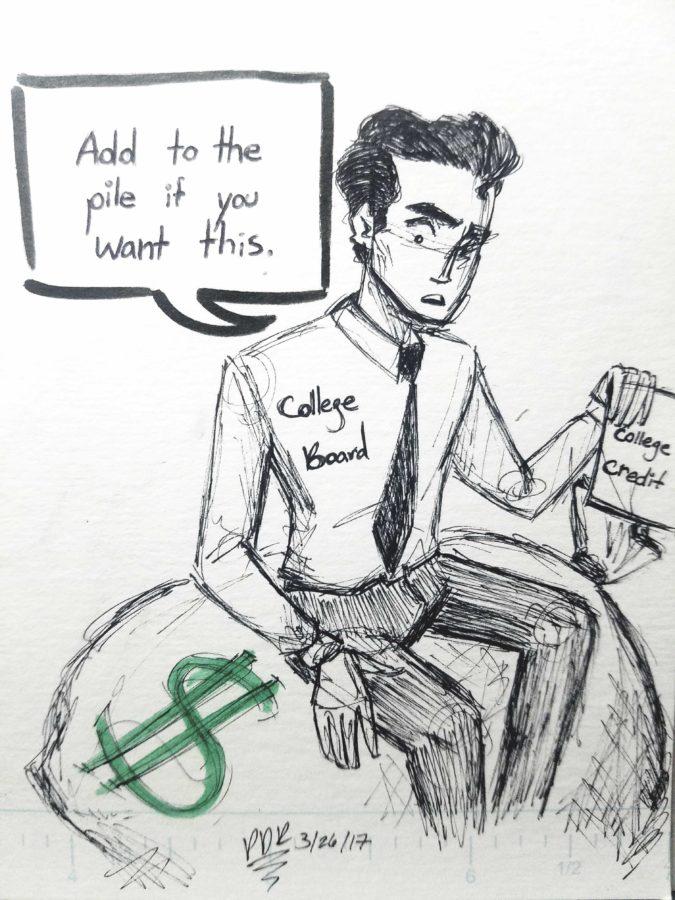All Roads Lead Back to College Board
College Board: A Monopoly?
$90 here, $60 here, and another $90 there; for College Board it seems there is an endless flow of money directed towards them. For high school students, there is no other choice. This leads one to to question: is College Board a monopoly? The answer is yes.
College Board has control of their students from the beginning of high school. Once students begin taking tests with the College Board, it never stops. If a student wants to challenge themselves, many schools offer AP classes. To earn college credit, the student must pay to take a test. Each test is $93 to get college credit for the class. The thing about AP classes is that in order to get accepted to a large percentage of universities they are necessary. No longer is it that you just take an AP class in the subject you like. Now students take upwards of 6 classes a year and pay nearly $600 to take tests.
Over 4.7 million AP tests were bought last year alone. There is no real reason why College Board charges such a high fee for a three hour exam, especially since a large percentage of students taking AP Exams are buying more than one test. The data that 4.7 million exams are purchased by only 2.6 million students illustrates that.
May is not the only month where students are writing a check to College Board. Not only does College Board have a monopoly on classes, it also monopolizes standardized tests. To get into most colleges, it is required to take the SAT or ACT. Yes, there are options when it comes to which test to send, but the PSAT is the only way to become a National Merit Scholar. Although National Merit Scholarships are just that scholarships, they can be of great assistance to get into highly competitive schools.
If that is not enough to show how much high school students have to pay, College Board also controls financial aid. No longer is completing the free FAFSA form enough, now for many schools one must complete the CSS Profile. In this profile, College Board asks invasive questions about your family’s financial history and exactly how much they intend to support you in your college education. However, that is not where the issue lies. The problem is that it costs money to send this to schools. Where is the logic in spending money to ask colleges for money? If you cannot afford college (which most students cannot), it can be difficult for parents to dish out another $50 on top of application fees just to find out if they qualify for aid.
College Board is monopolistic and requires students to pay exorbitant amounts of money to give themselves the best shot at college acceptance. In order to lower prices for college bound students there needs to be competition in the market. This will ensure that students are getting the best deal and saving as much money as possible before college.







